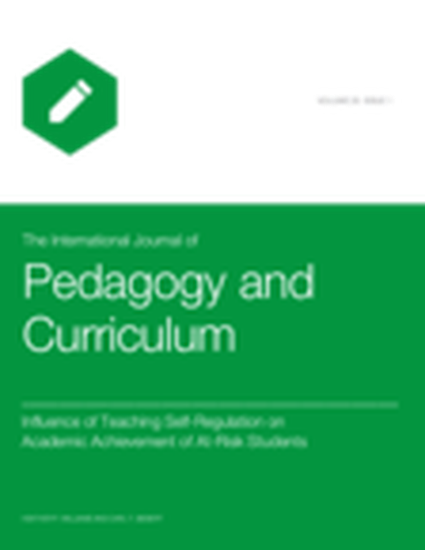
This study investigates the potential influence of a twelve-week “self-leadership” class on math and reading achievement for 136 at-risk students attending a northwestern alternative high school. This class included key features in self-regulated learning, including the use of metacognitive, motivational, and/or behavioral strategies. We hypothesized that the capacity to self-regulate would be related to improved test scores because at-risk students who have increased abilities to lead themselves are better able to reduce risk-taking behavior, self-regulate their learning, and utilize skills related to metacognition to improve their academic achievement. Our study followed a quasi-experimental design that used two sets of math and reading scores in two cases and one comparison group to examine changes in math and reading scores. Test-score analysis revealed an improvement only in math scores for those attending leadership classes when controlling for students’ GPA. Implications suggest the importance of further research.
Available at: http://works.bepress.com/carl_siebert/51/
